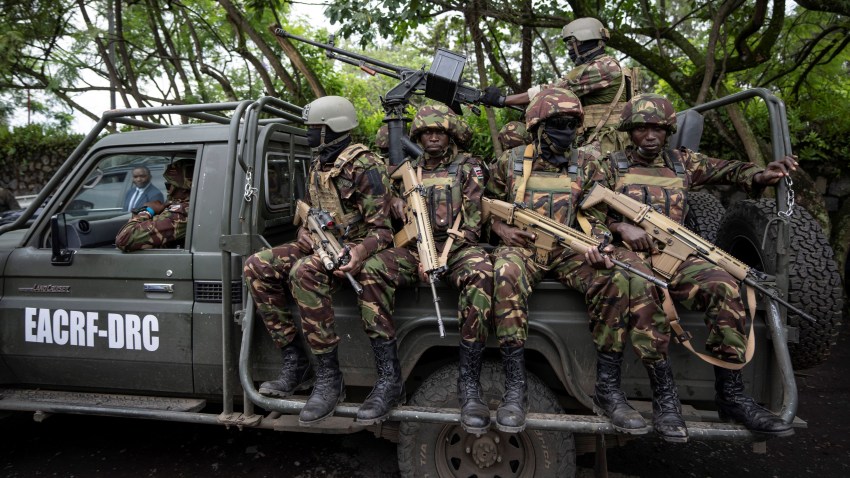A bomb attack at a church in Kasindi, a city in the Democratic Republic of Congo’s eastern province of North Kivu, killed at least 17 people and wounded 39 more on Sunday, Jan. 15. A Congolese military spokesperson blamed the Allied Democratic Force, a Ugandan rebel group located in eastern Congo, for the attack, with the ADF later claiming responsibility for it. According to a Ugandan military spokesperson, an improvised explosive device was used to carry out the attack in Kasindi, which sits on the border with Uganda.
The ADF, which is regarded as an Islamic State affiliate, is one of the deadliest of the 120-plus armed groups in eastern Congo. It got its start in the mid-1990s as part of an uprising against the Ugandan government but has been based in Congo since the latter part of that decade. ADF militants have been accused of killing thousands of Congolese citizens and carrying out bomb attacks in Uganda as well as in Congo. The group’s activities are funded to a large extent by illegal mining and logging activities in the mountain ranges that border the two countries.
In 2021, Ugandan President Yoweri Museveni deployed Ugandan troops to Congo to mount a joint offensive alongside the Congolese army against the ADF rebels. A joint air force operation earlier this month rescued more than 100 civilians abducted and held hostage by the rebels. However, despite several tactical and operational successes by Ugandan and Congolese forces—including arrests, battlefield deaths of ADF fighters and the destruction of rebel camps—the group’s core leadership remains mostly intact. In fact, a recent report by a U.N. panel of experts called into question the effectiveness of the two governments’ securitized approach toward the ADF, citing an uptick in violent attacks in the eastern provinces of North Kivu and Ituri. These attacks occurred despite the enforcement of a “state of siege” declared by Kinshasa in North Kivu and Ituri provinces in May 2021, as well as the military operations conducted by the U.N., Congo and Uganda.

